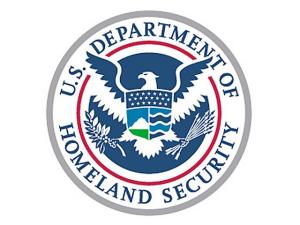 The U.S. Department of Homeland Security has unveiled a new set of rules for searching electronic media and devices when people try to enter the United States—and they sure aren’t going to make privacy rights advocates very happy. According to the new rules, border agents may arbitrarily search notebook computers, cell phones, and other electronic device without permission from the owner when people enter or return to the United States.
The U.S. Department of Homeland Security has unveiled a new set of rules for searching electronic media and devices when people try to enter the United States—and they sure aren’t going to make privacy rights advocates very happy. According to the new rules, border agents may arbitrarily search notebook computers, cell phones, and other electronic device without permission from the owner when people enter or return to the United States.
U.S. border agents may also retain either the devices or the data they contain, and may make copies of the data for further review without the knowledge of the owner.
The directives require the inspection to be conducted in the presence of the owner, unless there are valid law enforcement or national security reasons to conduct the search away from the owner.
“The new directives [..] strike the balance between respecting the civil liberties and privacy of all travelers while ensuring DHS can take the lawful actions necessary to secure our borders,” said DHS Secretary Janet Napolitano, in a statement.
The new rules do indicate border personnel should be cognizant and respectful of individual’s privacy and property rights, and they should be particular careful when handling business or legal documents, medical records, or journalists’ material.
Privacy advocates have called on Congress to bar the search or seizure of electronic devices at U.S. borders without probable cause.


